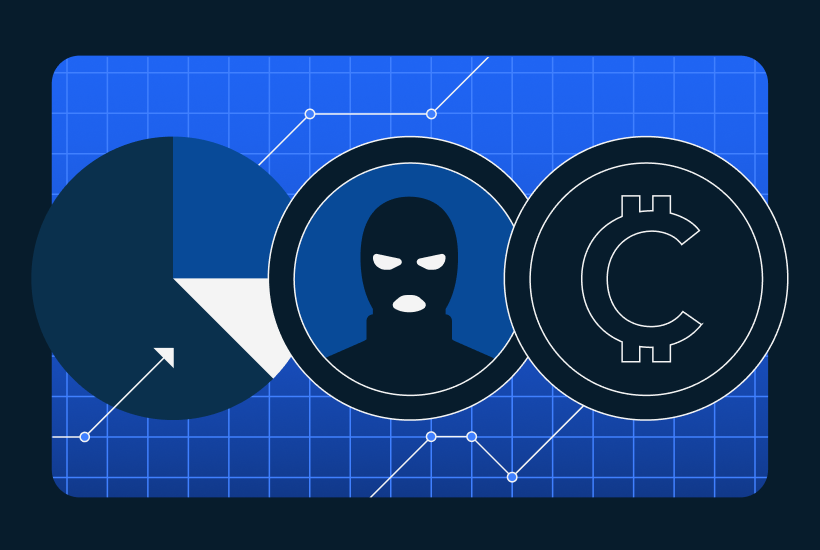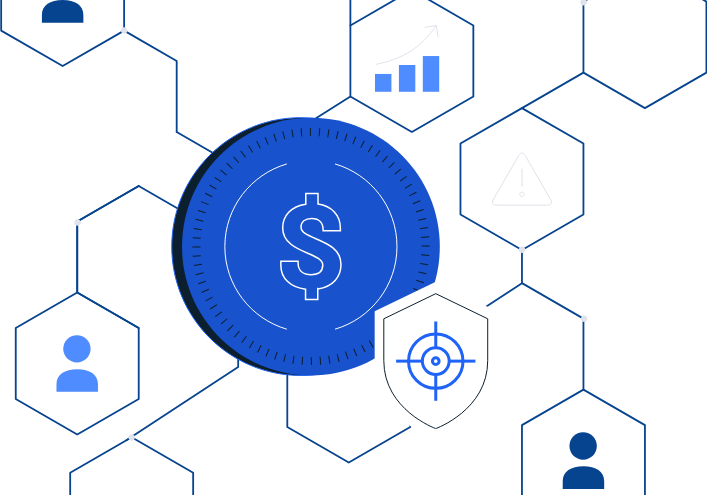BREAKING: Federal Judge Overturns All Criminal Convictions in Mango Markets Case Against Avraham Eisenberg

In a ruling issued on May 23, 2025, U.S. District Judge Arun Subramanian vacated all criminal convictions against Avraham Eisenberg related to his October 2022 exploit of Mango Markets, a decentralized crypto exchange. The 35-page opinion—detailed, fact-heavy, and legally rigorous—grants Eisenberg’s Rule 29 motion for acquittal, wiping away his April 2024 jury convictions for commodities fraud, commodities manipulation, and wire fraud.
The Background
Eisenberg was charged in January 2023 and later convicted after a nine-day jury trial in April 2024 for exploiting a critical vulnerability in Mango Markets. The platform offered trading in its native MNGO token, MNGO Perpetual contracts (a kind of perpetual futures derivative), and allowed users to borrow assets against the value of their portfolio.
On October 11, 2022, Eisenberg deposited USD 5 million in USDC into two accounts on Mango Markets. He used these to create offsetting long and short positions in MNGO Perpetuals, thereby controlling both sides of the market. He then purchased large amounts of MNGO on exchanges that fed Mango’s price oracle (FTX, AscendEX, Serum), dramatically inflating the token’s price and the notional value of his long position. He used that inflated value as collateral to borrow over USD 100 million from Mango Markets. Minutes later, he dumped the MNGO tokens, crashing the price and boosting the value of his short position. He borrowed again, withdrew more funds, and disappeared—only to later return USD 67 million in a DAO-mediated settlement.


The government alleged this was a fraudulent scheme designed to mislead the platform into issuing loans against worthless collateral, violating commodities laws and the federal wire fraud statute.
The Court’s Ruling
Judge Subramanian granted Eisenberg’s motion for acquittal under Rule 29, which requires a judge to enter a judgment of acquittal if no rational jury could find the defendant guilty beyond a reasonable doubt. The judge’s decision rested on two key legal deficiencies in the government’s case: improper venue and a failure to prove material misrepresentation for wire fraud.
Venue Failures on Commodities Charges:
The Court found that the government failed to prove that any essential part of the commodities offenses occurred in the Southern District of New York. Eisenberg executed all transactions from Puerto Rico. The prosecution had argued that monitoring activities in Manhattan by AscendEX’s vendor (HD Consulting) and a Mango Markets user in Poughkeepsie who attempted to withdraw funds were enough to establish venue. The Court flatly rejected this, holding that neither constituted "essential conduct elements" of the offense, as required by the Constitution and federal venue doctrine.
Legal Misfit for Wire Fraud:
The wire fraud conviction was overturned both for venue and for lack of a material misrepresentation. Mango Markets had no terms of service, no prohibition against manipulation, and no requirement that loans be repaid. The Court found that while Eisenberg gamed the system, he did not make a materially false statement or deception sufficient to constitute fraud under 18 U.S.C. § 1343. “That word [‘borrow’] could have been ‘Access Collateral,’ ‘Utilize Assets,’ or anything else for that matter,” Subramanian wrote. Without rules or promises, there was no fraud—just an exploit.
Commodities Fraud and “Mixed Swaps”:
The government argued that Eisenberg manipulated a “mixed swap,” which is a type of derivative subject to the Commodity Exchange Act. The Court found that the MNGO Perpetual was indeed a mixed swap because its valuation was based on both MNGO (a security) and a “funding rate” tied to USDC (a currency), bringing it under CEA jurisdiction. Nonetheless, the judge ruled that the conviction must be vacated due to the venue failure, even though there was sufficient evidence of a “manipulative device.”
Importance of the Ruling
This decision is among the most significant legal outcomes yet in crypto-related criminal enforcement—and the first to decisively reject a high-profile DeFi fraud conviction. It underscores the challenges prosecutors face in applying traditional criminal laws to borderless, algorithmically-mediated financial activity. The ruling also reinforces the constitutional requirement that criminal trials occur in the correct venue, a safeguard with growing importance in internet-native crime.
Perhaps most importantly for decentralized finance, the case highlights how legal boundaries around fraud, manipulation, and permissible on-chain behavior remain in flux. Eisenberg’s exploit was not found legally innocent in substance—he still faces civil suits from the SEC and CFTC—but the criminal case could not survive the procedural and evidentiary burdens of U.S. law.
Judge Subramanian’s ruling stands as a watershed moment for the intersection of DeFi and federal criminal law, signaling both the limitations of current enforcement tools and the evolving legal framework needed to address financial misconduct in decentralized markets.
Access our coverage of TRON, Solana and 23 other blockchains
Fill out the form to speak with our team about investigative professional services.






















